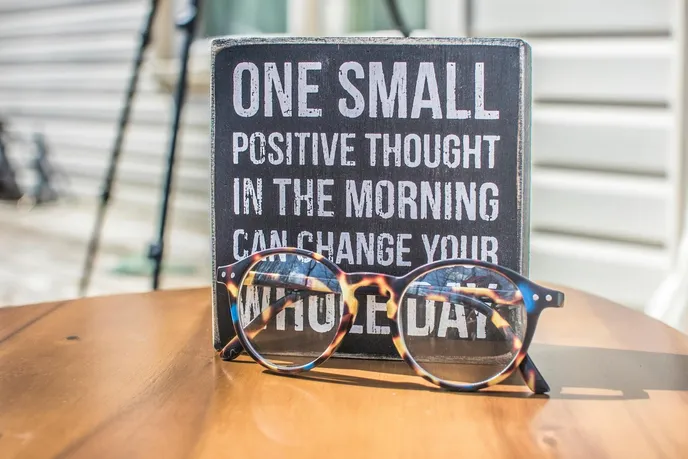Welcome to The Top Quotes

Discover wisdom that resonates with your soul. Here at The Top Quotes, we've curated an extensive collection of the most powerful, inspiring, and thought-provoking quotes from history's greatest minds, modern visionaries, and beloved characters.
Most Popular Quotes
"Be the change that you wish to see in the world."
― Mahatma Gandhi
"Two things are infinite: the universe and human stupidity; and I'm not sure about the universe."
― Albert Einstein
"Life is like riding a bicycle. To keep your balance, you must keep moving."
― Albert Einstein
Explore Our Collection
Browse by Category
Find the perfect quote for any moment in your life:
- Inspiration & Motivation
- Love & Relationships
- Success & Achievement
- Wisdom & Philosophy
- Leadership & Personal Growth
- Happiness & Well-being
- Friendship & Family
- Art & Creativity
Featured Authors
Discover quotes from voices that changed the world:
- William Shakespeare
- Maya Angelou
- Oscar Wilde
- Eleanor Roosevelt
- Mark Twain
- Mother Teresa
- Martin Luther King Jr.
- Ralph Waldo Emerson
Why Choose The Top Quotes?
- Carefully Curated: Each quote is verified and sourced
- Daily Updates: Fresh inspiration every day
- Easy Navigation: Find exactly what you're looking for
- Mobile-Friendly: Wisdom at your fingertips
- Share-Ready: Spread inspiration with easy sharing options
Quote of the Day
"Twenty years from now you will be more disappointed by the things that you didn't do than by the ones you did do. So sail away from the safe harbor. Explore. Dream. Discover."
― H. Jackson Brown Jr.
Popular Collections

Life Wisdom
- Quotes about embracing change
- Insights on personal growth
- Words of encouragement
- Reflections on purpose
Love & Relationships
- Romantic expressions
- Friendship bonds
- Family connections
- Self-love affirmations
Success & Achievement
- Motivation for success
- Leadership insights
- Professional growth
- Perseverance and determination
Get Started
- Browse Categories: Explore our organized collections
- Search: Find specific quotes or authors
- Save Favorites: Create your personal collection
- Share: Spread inspiration with others
Connect With Us
Join our community of quote enthusiasts:
- Subscribe to our daily quote newsletter
- Follow us on social media
- Share your favorite quotes
- Suggest new additions
Latest Additions
Stay current with our newest quotes from contemporary thought leaders, artists, and innovators. We constantly update our collection to bring you fresh perspectives and timeless wisdom.
Need Inspiration?
Whether you're looking for:
- A perfect caption
- Words of encouragement
- Public speaking material
- Daily motivation
- Writing inspiration
You'll find exactly what you need in our comprehensive collection.
"Words have the power to change lives. Find yours today."
Start exploring our collection and discover quotes that speak to your heart. Use the navigation menu above to browse categories, search for specific topics, or find quotes from your favorite authors.
Remember to bookmark this page and check back daily for new inspiration!
By Emily
Published: May 14, 2025
Updated: May 14, 2025
